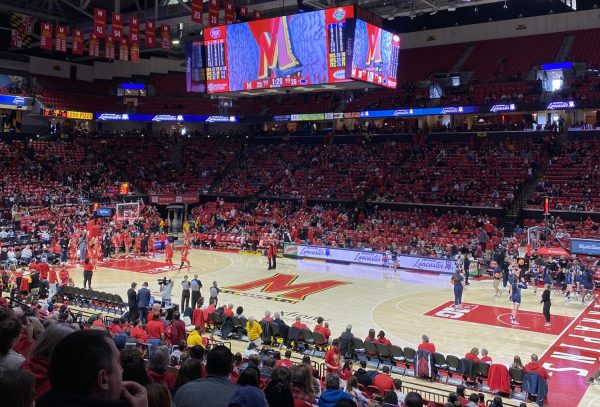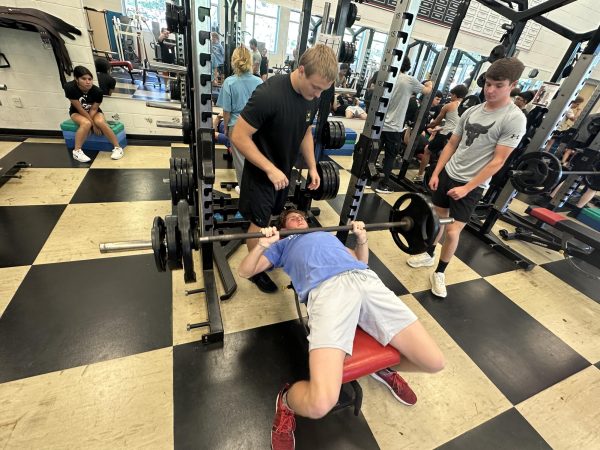Are honor societies still honorable?
(From left to right) Isabella Tilmont, Ryan Stark, and Carter Schmidt represent the National English Honor Society in the school spelling bee.
September 20, 2015
Back in the swing of the school year– you’ve finally figured out the best route to get to your classes on time; you’ve set up a schedule to balance all of your homework; you’ve gotten into the habit of checking your grades; and you’ve learned which of your teachers are most intense.
As soon as you think you have it all settled, here comes another factor to offset your delicate balance: honor society application deadlines.
Honor societies are selective organizations. They often require an application or invitation. Most likely, someone has told you, “Honor societies look good on applications. Colleges want to see them,” but do colleges really care if you’re in? If they do, do they give more importance to one society over another?
Linganore offers 13 honor societies:
- National Honor Society
- National English Honor Society
- Mu Alpha Theta (Math Honor Society)
- Rho Kappa (Social Studies Honor Society)
- Science National Honor Society
- Sociedad Honoraria Hispánica (Spanish Honor Society)
- Société Honoraire de Français (French Honor Society)
- German National Honor Society
- National Art Honor Society
- National Honor Society for Dance Arts
- International Thespian Society (Drama Honor Society)
- Tri-M Music Honor Society
- Quill and Scroll Honor Society (Journalism Honor Society)
Each honor society has its own set of qualifications and requirements. Most require attendance at mandatory meetings; many require community service, and others require specific tasks to maintain membership. A society is not just a cord: it’s a commitment.
Principal David Kehne said he’s seen a significant change in the number of honor society members in his time at Linganore. According to a Lancer media poll, 74% of polled students are planning to apply or are already members of at least one society.
“There has definitely been an increase in students involved in honor societies, most likely resulting from the emergence of new societies, such as the Math and Social Studies honor societies,” said Kehne.
According to the same Lancer Media poll, 89% of Linganore students considered the National Honor Society the most important society for college admissions.
Dan Lake, adviser of the Linganore National Honor Society chapter, believes the National Honor Society opens doors for students.
“NHS offers unique opportunities for leadership and service in the community at large,” said Lake.
Some schools even offer small scholarships simply for being a member of the National Honor Society.
Emily Leonard, admissions adviser for the University of Maryland, said that the university does not particularly consider one society over another. She sees honor societies as not necessarily make-or-break factors, but rather a great way to get involved with projects in and outside of school. This enhances a student’s overall admissions profile.
“At UMD, we ask for an activities list. We do this because we are looking for well-rounded, involved students. It is great for us to see a student who was involved in high school. Since we have 800 different student organizations, we want students to come to UMD and be involved as well,” said Leonard. “We simply want to see that a student is involved in their school community, so however a student chooses to do so is up to them.
Jennifer Ziengenfus, Towson University adviser, said that Towson Admissions much prefers extracurricular quality to quantity.
“Towson University would rather a student excel in their activities than simply add an activity to a resume to fill space.”
Instead of joining a bundle of societies and being minimally involved, join a few societies that spark your interest. The societies should be something you can see yourself getting heavily committed to.
These societies are a big responsibility. They require maturity, leadership, and time management skills, but aren’t those the same characteristics colleges seek in their applicants?
Honor societies are a great way to show the admissions office of your dream school that you are ready to take on the college duties you will be required to face. They can also show you your own limitations, preparedness, and passions.












